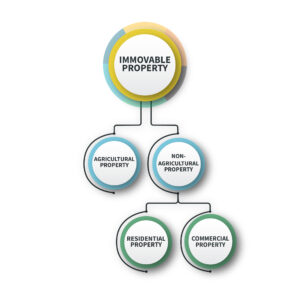Income tax is a tax levied by the Government of India on the income of every person. The Income Tax Act, 1961, covers legal provisions regarding the collection of income tax. There are some important points you will need to keep in mind to understand income tax, such as:
Persons filing Tax
It is mandatory for every person to pay income tax. Income tax law defines the term ‘person’ to include individuals, Hindu Undivided Family etc. Read more here.
Calculating Taxable Income
The Income Tax Department taxes you based on your income from categories such as income from salaries etc. The total income calculated from these heads is called the gross total income. It is from this amount that deductions are made. Read more here.
Entities and Income exempt from Tax
Certain entities as well as certain kinds of income are exempt from tax. In other words, income tax will not be charged to such entities and incomes. Some examples include agricultural income, income for scholarships for higher education etc. Read more here.
Deductions with respect to tax
A deduction is an expense that is subtracted from an individual’s gross total income to reduce the amount which is going to be taxed. Deductions can be less than, more than or equal to the amount of income. If the amount deductible is more than the amount of income, then the resulting amount will be taken as a loss while calculating taxes. Some of the deductions for individuals include income from a loan taken for house property, income from loans taken for higher education etc. Read more here.
Tax Collection
Taxes are collected by the Government through:
Banks in India
Taxpayers can voluntarily pay income tax by going to designated banks. For example, taxpayers can pay advance tax and self-assessment tax in authorized bank branches such as ICICI Bank, HDFC Bank, Syndicate Bank, Allahabad Bank, State Bank of India, etc.
Taxes deducted at source [TDS]
When tax is collected from the very source of income of the person receiving income, it is known as ‘taxes deducted at source’ or TDS. TDS is the tax payable by a seller, which he collects from the buyer at the time of sale. For example, in a parking area of a shopping mall, along with the parking fee, the mall will charge a tax amount for a parking lot. Some other instances where sellers collect TCS are for liquor, while selling a motor vehicle, jewellery, etc.
It is mandatory for a taxpayer to have a PAN Card as well as an Aadhar Card while filing taxes.
